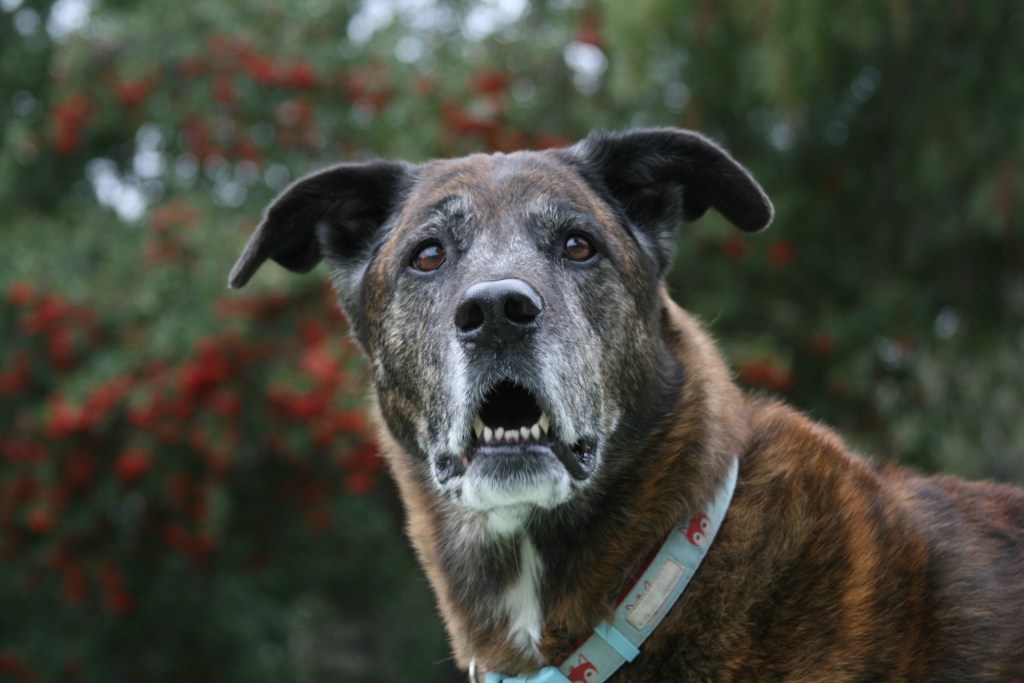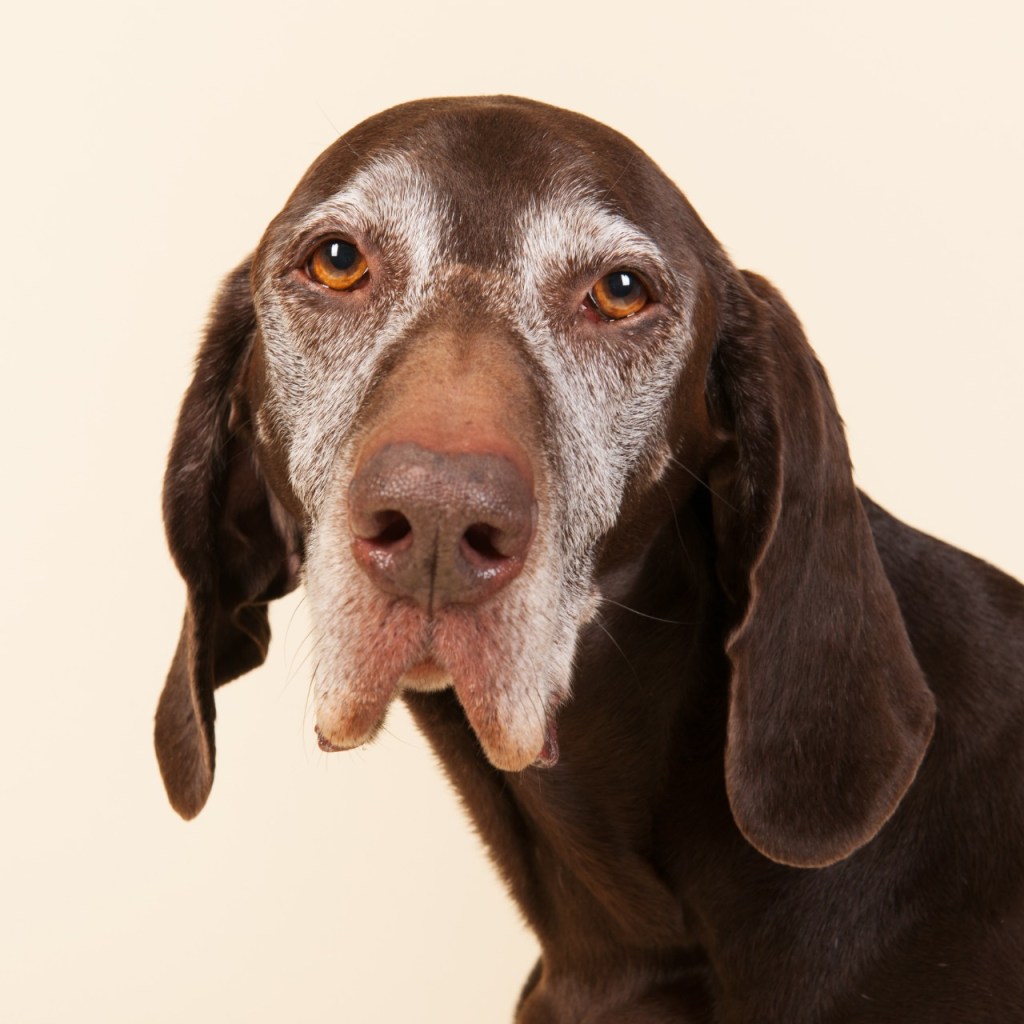As your favorite four-legged friend gets older, a lot of changes begin to happen. From slower movements to a chubbier stature, your dog starts to experience a lot of changes that occur with old age. One change that you may not be expecting is that little extra stink. Whether it’s bad breath, stinky farts, or another reason, understanding the reasons behind your dog’s stench might give you the inspiration you need to freshen up their scent. You might also have to grasp the probable causes behind stinky dog ears so as to deal with it promptly.

Excessive gas
As dogs grow older, their digestive system becomes more and more sensitive — and that means farts. While there is nothing wrong with your dog farting more frequently, it can begin to be quite unpleasant if it’s a daily routine.
The best way to combat these frequent farts is by keeping your dog away from gas-producing foods or by giving them some gas-relieving medicine.
Some key gas-producing foods to avoid giving your dog include:
- Beans
- Dairy products
- Spicy food
- Peas
- High-fat foods
Dental disease
If you start to notice your dog’s breath getting worse and worse by the day, it may just be some smell-causing bacteria, or it could be a much more serious dental disease. When you begin to notice plaque buildup, tooth decay, or bad breath in your older pup, it is best to bring them to the vet for a checkup. A quick diagnosis can let you know if your old dog just needs a good brushing or if a more invasive cleaning is required.
Some ways to keep your dog’s teeth clean throughout their life include:
- Delicious dog chews with built-in teeth-cleaning bristles
- Crunchy carrots
- Weekly or daily brushing with dog-approved, tasty toothpaste
Kidney disease
Believe it or not, kidney disease can cause an unpleasant scent to emerge from your dog’s mouth. If your dog’s kidneys aren’t working as well as they should, it is easy for toxins to build up and create a stinky smell that comes out through the mouth. If you begin to notice bad breath from your old dog but no sign of tooth decay, it is important to get them checked out as soon as possible.
Incontinence
A very common sign of old age in a dog is incontinence. This is when your dog randomly loses control of their bladder, causing them to pee on themselves or on your floors. While there is not much you can do to prevent incontinence from happening, you can control it with diapers. Diapers designed just for dogs are a great option for dogs experiencing incontinence. There are plenty of varieties designed for both male and female dogs to ensure comfort and security whenever they need to go.
Malfunctioning anal glands
Anal glands are used by many dogs for marking their territory through the scents sprayed out of these glands. While dogs have great control over them in their youth, they can start to malfunction and deteriorate as your dog grows older, causing them to smell.
It is important to bring your dog to the vet if you start to notice this smell or that your dog begins wincing while pooping, which is another symptom. The vet will be able to wash your dog’s glands and treat them for any infections.
Less and less self-grooming
It’s easy to get lazier while getting older — everything starts to hurt, you’re tired all the time, and a nap sounds good at any moment. So, as your old pup grows in age, they probably start grooming themselves less and less.
Unfortunately, these decreased self-care habits can create a lot of stink. The best way to keep your dog smelling fresh and clean is with baths and dog perfume. It is important to refrain from bathing your dog more than once a week to prevent any dry skin and irritations due to dryness. The better option is to use vet-approved dog perfumes between baths to keep the stink away for good.

Even though your older pup may be getting more odorous, day by day, it doesn’t mean you’ll love them any less. It is important to keep an eye on their smelly habits in case there is an underlying medical condition or a quick fix to freshen up the smells. As with any sudden changes that you notice in your dog, it can be helpful to consult with your vet for the best solutions, medicines, and understanding of what’s going on.


